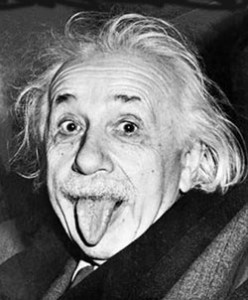 It’s often thought that people who are “geniuses” in their fields are born with superior genetic material, i.e., high-IQ brains.
It’s often thought that people who are “geniuses” in their fields are born with superior genetic material, i.e., high-IQ brains.
Not so, says psychologist K. Anders Ericcson. “You can be an international chess master with an IQ of 85,” or 15 points below normal. Superior performers in all fields—surgeons, chess masters, athletes, musicians—typically have the IQs of average college students.
Inborn talent isn’t needed, either. “With the exception of height and body size in some sports, there’s no current evidence that innate ability is needed,” says Ericcson, editor of the Cambridge Handbook of Expertise and Expert Performance. “I have yet to find a talented person who didn’t earn their talent through thousands of hours of practice.”
Top performers in music, Ericcson notes, practice five times longer than the merely proficient. Brain scans suggest that deliberate, extra-hard practice builds up ordinarily underutilized parts of the cerebral cortex, giving a person a significant edge. Thomas Edison, it seems, was right: “Genius is 1% inspiration and 99% perspiration.”